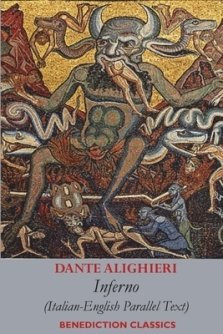Evangeline, A Tale of Acadie is an epic poem by the American poet Henry Wadsworth Longfellow, written in English and published in 1847. The poem follows an Acadian girl named Evangeline and her search for her lost love Gabriel, set during the time of the Expulsion of the Acadians.
The idea for the poem came from Longfellow's friend Nathaniel Hawthorne. Longfellow used dactylic hexameter, imitating Greek and Latin classics. Though the choice was criticized, it became Longfellow's most famous work in his lifetime and remains one of his most popular and enduring works.
The poem had a powerful effect in defining both Acadian history and identity in the nineteenth and twentieth centuries. More recent scholarship has revealed the historical errors in the poem and the complexity of the Expulsion and those involved, which the poem ignores.
Evangeline became Longfellow's most famous work in his lifetime and was widely read. Contemporary reviews were very positive. A reviewer for The Metropolitan Magazine said, "No one with any pretensions to poetic feeling can read its delicious portraiture of rustic scenery and of a mode of life long since defunct, without the most intense delight". Longfellow's friend Charles Sumner said he had met a woman who "has read 'Evangeline' some twenty times and thinks it the most perfect poem in the language".Other admirers of the poem included King Leopold I of Belgium. It has been called the first important long poem in American literature.
Prior to the influence of Longfellow's poem, historians generally focused on the British founding of Halifax (1749) as the beginning of Nova Scotia. Longfellow's poem shed light on the 150 years of Acadian settlement that preceded the establishment of Halifax.
The Expulsion was planned and executed by New Englanders and British. Longfellow omitted from the poem New England's responsibility for the event. Through his poem, Longfellow defines the British as responsible for the expulsion and America is cast as a place of refuge.
Longfellow's account was later challenged by Francis Parkman, in his book Montcalm and Wolfe (1884). Rather than blaming the British, Parkman defined the real problem in expulsion as the French influence on Acadians, particularly by Abb Jean-Louis Le Loutre. American historian John Brebner eventually wrote New England's Outpost (1927), which identified how instrumental New Englanders were in the expulsion of the Acadians.
Trustpilot











